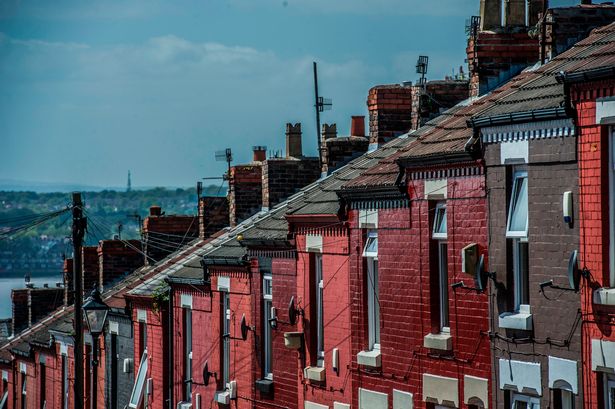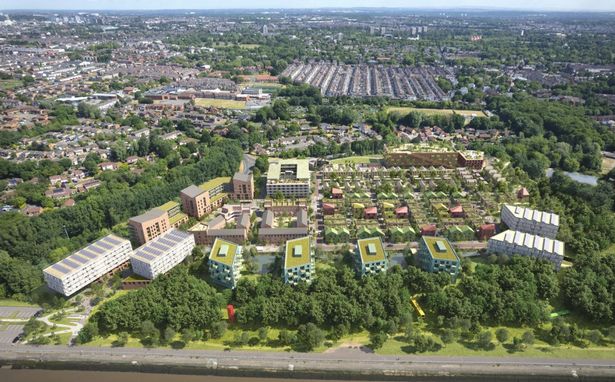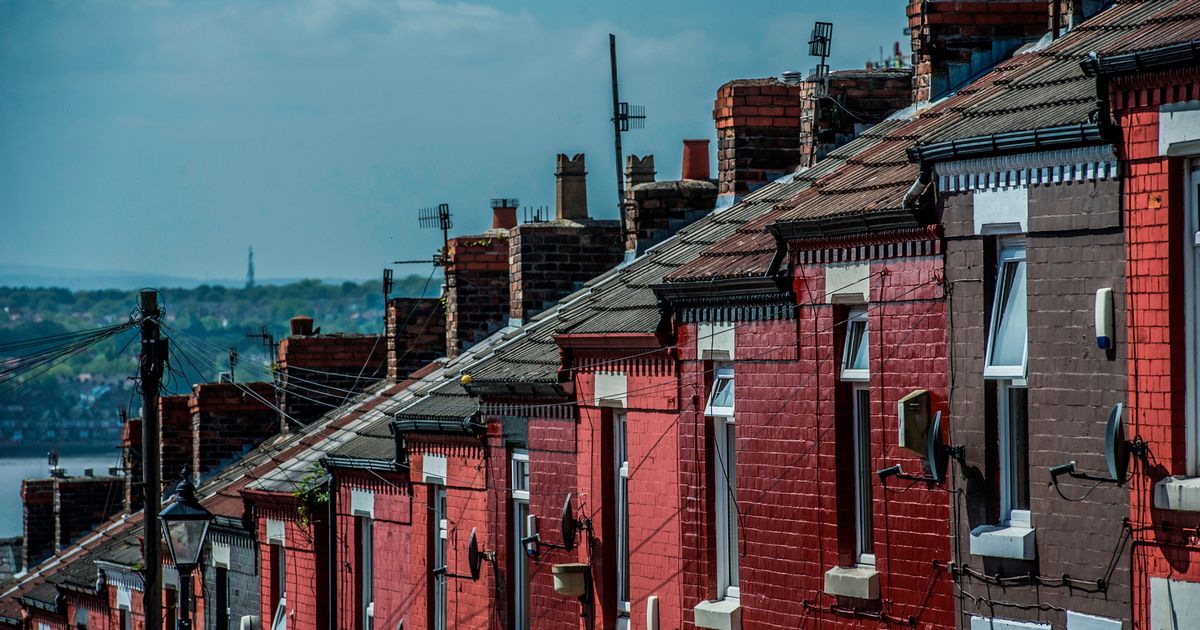The opposition’s flagship policy would aim to change the way the city operates A major plan has been put forward for the future of Liverpool(Image: Liverpool Echo)
A major plan has been put forward for the future of Liverpool(Image: Liverpool Echo)
A major plan has been put forward that presents a vision to turn Liverpool into a ‘city of villages’. Liverpool’s main opposition party, the Liberal Democrats, has presented its radical plan for housing in the city, which it says would be implemented if they seize control of the council after the next local elections in 2027.
The party, led by Cllr Carl Cashman, is hoping to oust Labour and take charge of the local authority for the first time since 2008. In its major document, the Lib Dems say their key housing policies include, crucially, building council housing. The party says it will re-establish a housing revenue account using what is known as Section 106 money (cash provided by developers as they build) as initial capital.
Another key policy is to establish a council-led taskforce to crack down on poor, dangerous and unhealthy housing in the city, while a separate taskforce will include good private sector landlords and will take on the bad private sector landlords.
One of the eye-catching policies in the party’s plan is to create a ‘series of resilient villages and communities’ in the city, which would have access to all the facilities, both public and private, needed for a ‘self-sustaining community’.
Explaining more about this vision, the party suggests that Liverpool is already full of village communities, pointing to areas like Woolton Village, Old Swan and Alt Valley.
The plan states: “In all these areas there is a clear sense of identity and a variety of discernible services which are used by most of the community.
“These communities are not identical, nor should they be. Look at Lark Lane which has more young people and a more transient population than Penny Lane just the other side of Sefton Park. But the core of identity, community and service delivery are common to both.”
 How the new Festival Gardens neighbourhood could look
How the new Festival Gardens neighbourhood could look
So how would the party that wants to run Liverpool create its ‘village’ concept across the whole of the city?
The document states: “It will not be easy because there are few places where there is the land availability to make decisive changes to the housing and demographic mix of an area. In the Penny Lane Village, much of the housing was built before the WWI and most of the rest before the WWII or quickly afterwards. “
The Lib Dems say the most obvious place to start with the village concept is at Festival Gardens, where the city council has agreed to move forward with a scheme that will see a mixture of around 800 new homes delivered.
On this, the plan states: “It is probably the only part of Liverpool where we can build a new village and not just retrofit existing communities over a period. It can be the exemplar of a new inclusive style of development which will create not only good housing but resilient and self-supporting communities.”
“Liberal Democrats believe that this development should create a place for all ages, tenures, and ownerships where with associated community facilities such as schools, GP practices and community hubs such as cafés and a community centre.”
While they don’t use the specific term, the Lib Dems’ vision for villages around the city feels similar to the concept of a 15-minute city.
This is an urban planning model where residents can access most of the daily amenities and things they need, including work, shops, healthcare and family facilities within a walk or bike ride of 15-minutes or less.
The concept, which was developed in South America, aims to reduce car dependency, lower carbon emissions and promote healthy lifestyles. It has become a target for conspiracy theorists who wrongly believe the model aims to restrict people and limit where they can travel to.
